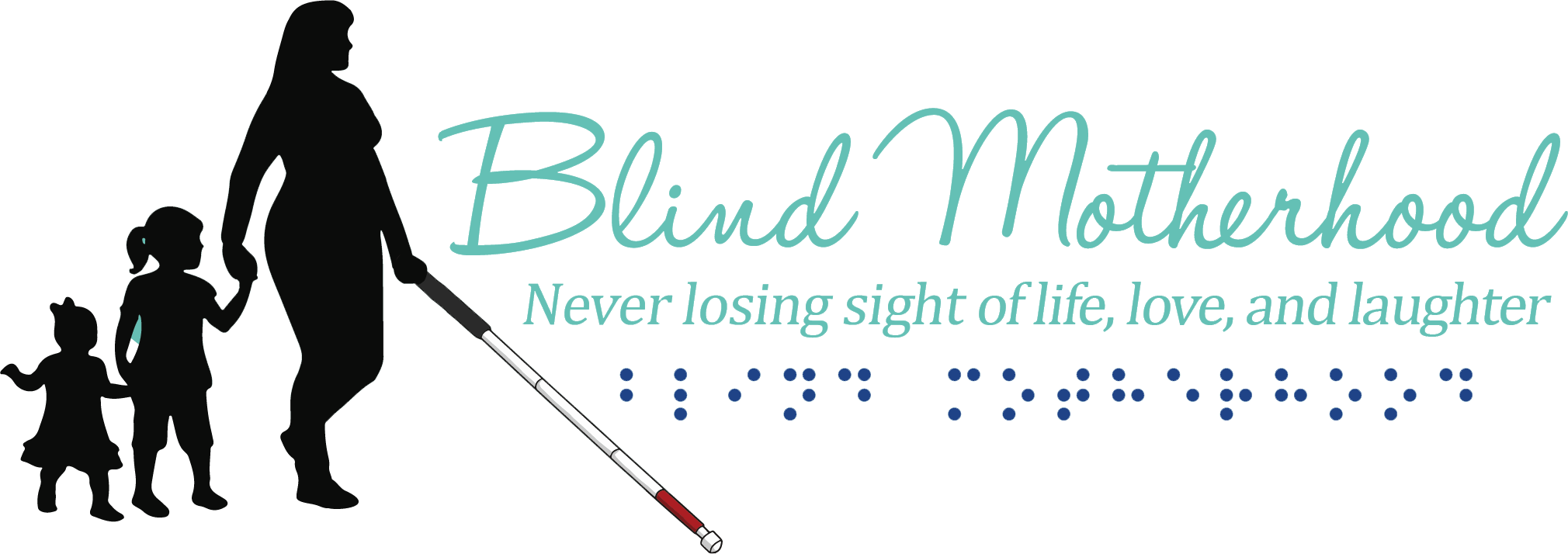The book of Job consisted of forty-two chapters in the Hebrew Scriptures. Although the author of these stories is unknown, we do know that it is possibly the oldest of any book in the Bible. Within these chapters, we read how God himself puts Job to the test. God is trying to ascertain Job’s commitment to faith as Satan attacks him physically, mentally, and spiritually.
Job Loses Everything
The story begins by describing an encounter between Satan and God. God asks if he’s considered Job’s righteousness (Job 1:8; 2:3). Satan responds by accusing Job of only serving God because of the blessings he had received (Job 1:9-11). God allows Satan to take these physical blessings away, beginning with Job’s livelihood and children (Job 1:14-17, 18-19), and then his health (Job 2:7-8).
Friends or Foes?

As Job’s going through all this, three of his friends (Eliphaz, Bildad, and Zophar) come to “mourn with him and to comfort him” (Job 2:11). A series of conversations eventually ensues, beginning with Job cursing the day he was born (Job 3:1). His friends then share their opinions of Job’s trials. They reason that such a calamity comes from God upon the wicked, and they accuse Job of having done something evil to deserve all this. As the accusations escalate, Job asserts his total innocence, maintaining that he has been unjustly afflicted with this suffering.
Job’s friends were convinced that his sins had caused his suffering. They presented Job with many reasons they believed he had brought this ordeal on himself. They were certain they were right. But after God intervened, He rebuked the friends for speaking falsely about Him and the situation (Job 42:7).
How Not to be a “Miserable Comforter”
When Job was at his lowest point, what he needed most was comfort. Job even referred to his friends as “miserable comforters” (Job 16:2). Instead of consoling their friend, they added more grief to his situation. What Job needed was friends who would increase his faith in God’s providence, pray with him and encourage him to hang in there. As an interfaith minister, I believe it’s important to remember that when people are suffering, sometimes the best thing we can do is say nothing. There are times when just being there is the best comfort we can give.
The Bible further advises us on this matter by saying that sometimes the wisest course of action is keeping silent (Proverbs 11:12; 17:28). We should learn how to “comfort those who are in any trouble, with the comfort with which we ourselves are comforted by God” (2 Corinthians 1:4).










